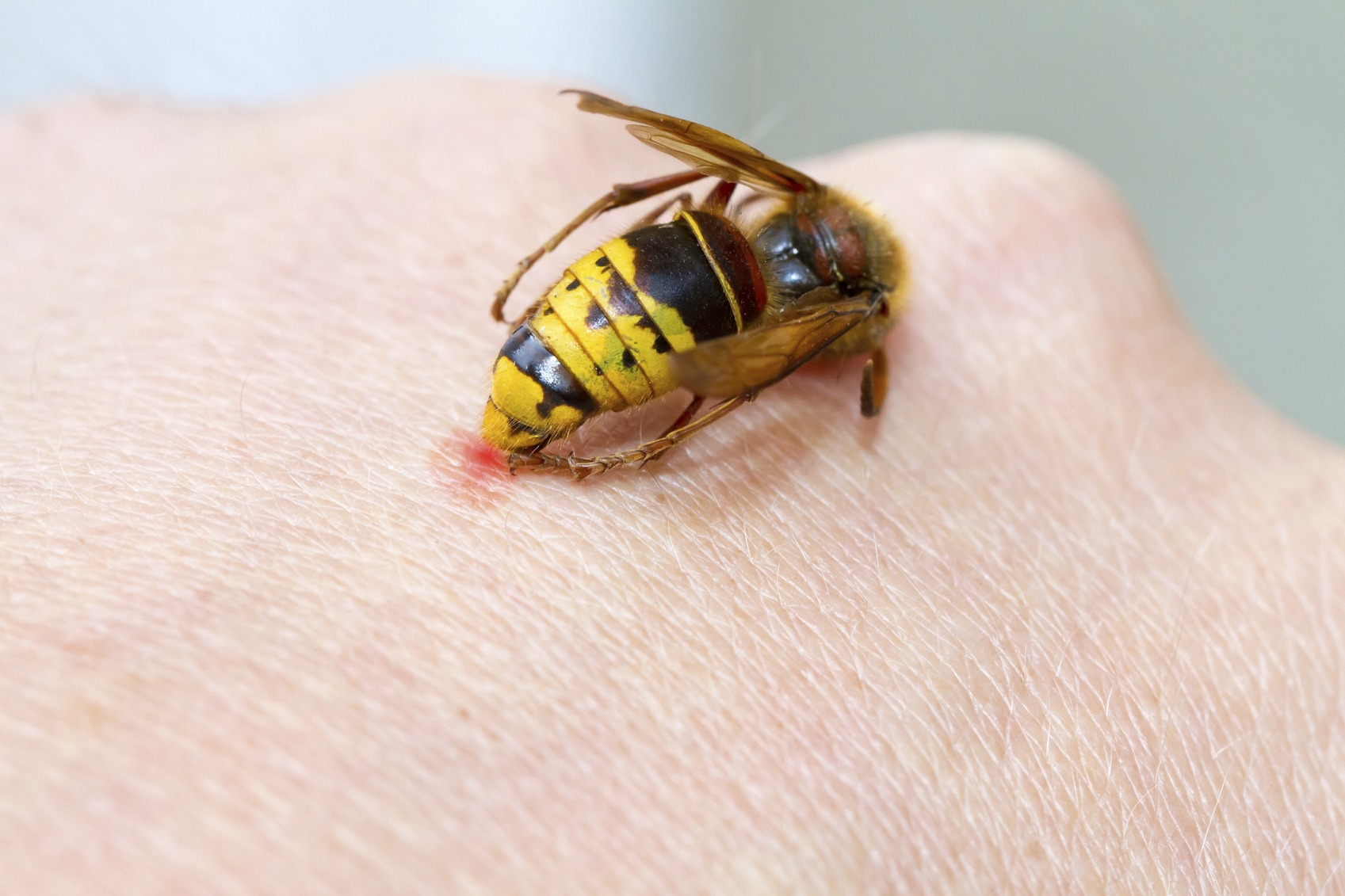
As an individual who has been living with a life-threatening allergy to peanuts and tree nuts since I was two, I have heard many misconceptions about food allergies over the years. Earlier this year, I had the opportunity to attend the Food Allergy Canada Community Conference in Halifax, Nova Scotia. Throughout the day I listened to speakers share their experiences about living with food allergies, as well as fascinating information from doctors in food allergy research. A presentation by Dr. Sandy Kapur, an Assistant Professor in the Department of Pediatrics at Dalhousie University, stood out to me as he spoke about common food allergy misconceptions and research that “de-bunks” these myths. Here are five food allergy myths that I learned from Dr. Kapur:
- “Hives and food allergy always go together”
This isn’t always the case. In fact, about 15-20% of anaphylactic cases do not have any symptoms on the skin. I also learned that if someone has hives and they persist for over 6 weeks, this symptom is likely not caused by food. In children, viral infections are one of the most common cases of hives, and there are numerous physical causes for hives as well.
http://www.foodallergy.org/file/anaphylaxis-webinar-slides.pdf
http://www.eaaci.org/attachments/853_Expert_Opinion_Zuberbier.pdf
- “All children with egg or milk allergy should avoid the food strictly”
Interestingly, 80% of children with an egg or milk allergy can tolerate the baked form. These children also have a higher chance of out growing their allergy. It is suggested that regular ingestion of baked egg or milk can help overcome the allergy.
http://www.ncbi.nlm.nih.gov/pmc/articles/PMC4727327/
- “Reactions to peanut are often caused by inhaled exposure”
Food proteins cause allergic reactions. The odour of peanut butter does not contain proteins. Inhalation of peanut particles can cause symptoms, but anaphylaxis is unlikely. When an individual with peanut allergy feels ill from smell, it is due to aversion. Rashes are caused by skin contact, not from inhalation of particles.
http://www.ncbi.nlm.nih.gov/pubmed/12847496
- “Patients with food allergy have a high risk of reacting to insect stings”
If you have a food allergy it is likely that you also have one or more of asthma, eczema, and allergic rhinitis. Having a food allergy does not increase the risk of reacting to insect stings since venom, along with drug allergies, are different and not related to food allergies.
http://www.allergysa.org/Content/Journals/March2004/abc%20of%20allergology.pdf
- “I feel like my child is a ‘ticking time bomb’ and will have a fatal anaphylactic reaction anytime”
Death from a food allergy is not common. When it does occur, it’s a tragedy and in most cases it is preventable by immediate use of epinephrine and calling for an ambulance. Lastly, food allergy related anxiety is common in parents, children, and individuals with allergies. Fear is understandable; we just need to find the right balance.
https://www.foodallergy.org/anaphylaxis
If you believed one or more of these myths, don’t worry – so did I! It’s important that we are always seeking to learn more about food allergies and have the knowledge to spread information of awareness to those around us.
– Michelle D.
Tags: Conference, Michelle D, myths
